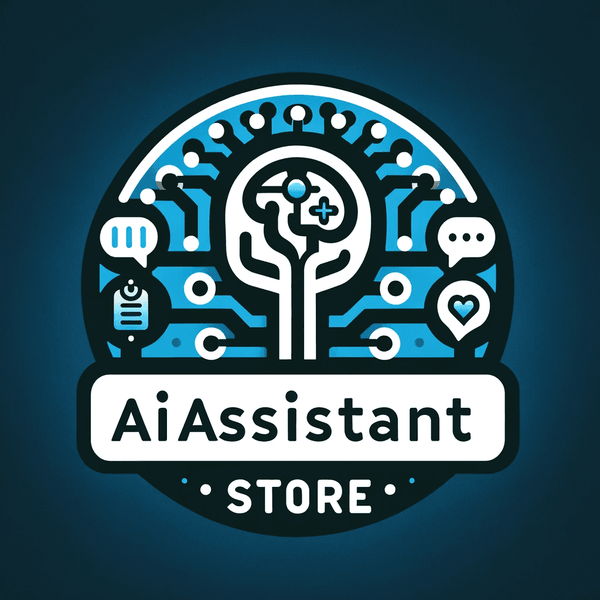🤖 OpenAI Edges Toward GPT‑5 Release
OpenAI appears poised to launch GPT‑5 as soon as August 2025 - a fusion of its o3 architecture with the broader GPT line. The upcoming model is said to unify capabilities in ways prior iterations didn’t quite manage, though internal sources caution rollout timelines could shift due to backend strain or shifting competitive tides. No formal confirmation has come from OpenAI yet.
🔗 Read more
🧠 Google Rolls Out Genie 3 “World Model”
DeepMind just took the wraps off Genie 3 - a so-called “world model” that drops AI agents into dynamic simulated settings: everything from warehouse logistics to alpine slopes. Google’s calling it a major stride toward general intelligence, albeit without a concrete date for public access.
🔗 Read more
📈 AMD Lifts Q3 Forecast Thanks to AI Uptick
AMD has bumped its Q3 2025 forecast to about $8.7 billion - well beyond most analyst expectations. Strong orders for its MI308 AI chips (snapped up by Microsoft, Meta, OpenAI and the like) are fueling the surge. Even with export restrictions to China dragging revenue down $1.5 billion, investor response stayed upbeat - shares ticked up 2 % in after-hours.
🔗 Read more
🇺🇸 U.S. Unveils ATOM: A Push for Open AI
A new $100 million push called the ATOM Project (short for “American Truly Open Models”) aims to put the U.S. back at the forefront of open-source AI. Backers include OpenAI, Hugging Face, Nvidia, and Stanford - bringing 10,000 GPUs to the table to challenge growing Chinese influence in the space.
🔗 Read more
🏛️ DeepMind’s Hassabis Predicts AGI by 2035
DeepMind’s Demis Hassabis has floated a bold claim: artificial general intelligence - machines matching the human mind - could land within the next decade. He warned that the resulting disruption might dwarf the Industrial Revolution “by a factor of 10.” Still, skeptics argue timelines like these are more ambition than certainty.
🔗 Read more
⚖️ White House Adviser Critiques EU AI Framework
Speaking to audiences in Asia, top U.S. tech adviser Michael Kratsios criticized the EU’s AI Act, calling it overly prescriptive. He advocated instead for the U.S.’s “flexible-by-design” approach, warning that Europe’s framework might undercut competitiveness and throttle innovation at the export level.
🔗 Read more

